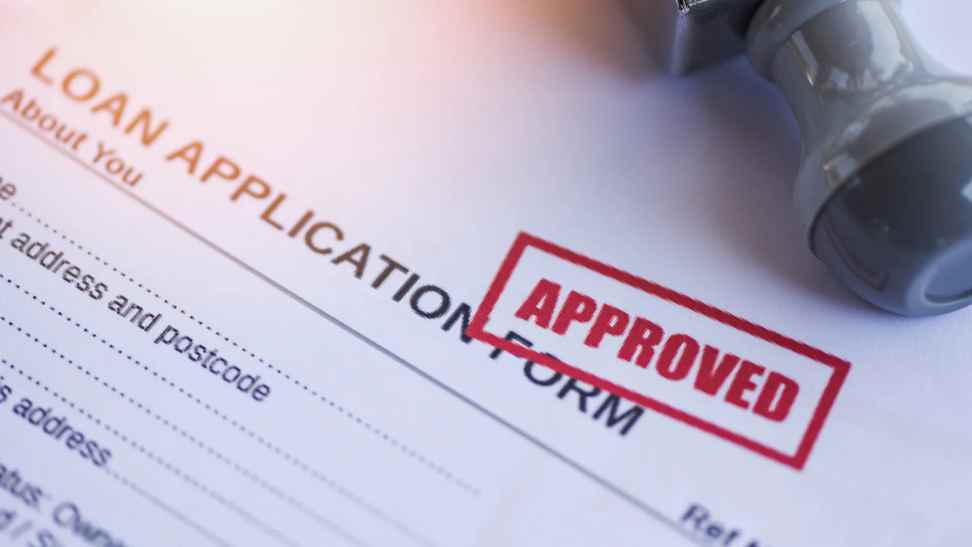In today’s financial landscape, obtaining a loan can often be a complex and daunting process. Lenders scrutinize various aspects of an individual’s financial history to assess their creditworthiness and ability to repay the loan. One crucial document that plays a significant role in this process is the paycheck stub. Understanding how paycheck stubs can aid in loan applications is essential for anyone seeking to secure financing for their personal or business needs.
Comprehending The Paycheck Stubs
Paycheck stubs, also known as pay stubs or pay slips, are documents provided by employers to their employees along with their paychecks. These documents outline elements of the employee’s wages and premises for a specific pay period. Paycheck stubs generally include all the information like gross wages, taxes withheld, deductions for blessings or retirement gifts, and net pay.
paystub generator free are generated by employers through their payroll systems and serve as a record of an employee’s income and employment history. They provide transparency and accountability in the payment process, ensuring that employees receive accurate compensation for their work.
Role of Paycheck Stubs in Loan Applications
Paycheck stubs play a crucial role in the loan application process for several reasons:
Verification of Income
Lenders use paycheck stubs to verify an applicant’s income. By examining the details provided on the stub, such as gross earnings and deductions, lenders can assess the borrower’s ability to generate a steady income and make timely loan payments.
Proof of Employment Stability
In addition to income verification, paycheck stubs also serve as proof of employment stability. Consistent earnings reflected on paycheck stubs demonstrate to lenders that the borrower has a stable job and is less likely to default on the loan.
Assessing Ability to Repay Loans
By analyzing the information on paycheck stubs, lenders can evaluate the borrower’s capacity to repay the loan. Factors such as the ratio of debt to income and the consistency of earnings are crucial considerations in determining the borrower’s creditworthiness.
Benefits of Using Paycheck Stubs
Utilizing real pay stub in loan applications offers several benefits:
Streamlined Loan Application Process
Providing paycheck stubs to lenders streamlines the loan application process by providing comprehensive documentation of income and employment history. This reduces the time and effort required for manual verification of financial information.
Enhanced Credibility with Lenders
Submitting paycheck stubs enhances the borrower’s credibility with lenders by demonstrating transparency and accountability in their financial affairs. This increases the likelihood of loan approval and may result in more favorable loan terms.
Negotiating Better Loan Terms
Having paycheck stubs as proof of income and employment stability gives borrowers leverage to negotiate better loan terms, such as lower interest rates or higher loan amounts. Lenders are more inclined to offer favorable terms to borrowers with a strong financial profile.
Tips for Using Paycheck Stubs Effectively
To maximize the effectiveness of paycheck stubs in loan applications, consider the following tips:
Keeping Paycheck Stubs Organized
Maintain organized records of paycheck stubs to ensure easy access during the loan application process. Keep both digital and physical copies in a secure location for reference.
Ensuring Accuracy of Information
Verify the accuracy of information on paycheck stubs, including earnings, deductions, and personal details. Any discrepancies could raise red flags with lenders and delay the loan approval process.
Understanding Different Loan Requirements
Different types of loans may have specific requirements regarding paycheck stubs and other financial documentation. Familiarize yourself with the loan application process and ensure compliance with all necessary documentation.
Common Misconceptions about Paycheck Stubs
Despite their importance, there are some common misconceptions about paycheck stubs:
Myth: Paycheck Stubs are Only for Salaried Employees
While paycheck stubs are commonly associated with salaried employees, they are also relevant for hourly workers and self-employed individuals. Any form of employment that involves regular income can generate paycheck stubs.
Myth: Paycheck Stubs are Not Necessary for Small Loans
Regardless of the loan amount, paycheck stubs provide valuable information about an individual’s financial stability and ability to repay the loan. Lenders may request paycheck stubs for loans of all sizes to assess the borrower’s creditworthiness.
How to Obtain Paycheck Stubs
There are several methods for obtaining paycheck stubs:
- Directly from Employers: Employers typically provide employees with paycheck stubs along with their paychecks. Request copies from your employer if you need additional copies.
- Online Payroll Services: Many employers use online payroll services that allow employees to access and download paycheck stubs electronically. Log in to your employer’s payroll portal to retrieve your paycheck stubs.
- Self-Generated Paycheck Stubs: In some cases, individuals may need to generate their paycheck stubs, such as freelancers or self-employed individuals. There are online tools and templates available for creating customized paycheck stubs.
Legal Considerations
When using paycheck stubs for loan applications, it’s essential to consider legal considerations:
- Privacy and Security: Safeguard your paycheck stubs to protect sensitive financial information from unauthorized access or identity theft.
- Compliance: Ensure that your paycheck stubs comply with state and federal regulations regarding payroll and employment documentation.
Have A Look :-
- BNKU Stock – Is It Worth Investing In 2024?
- how long does it take to cancel spectrum internet
- what must an entrepreneur do after creating a business plan brainly

